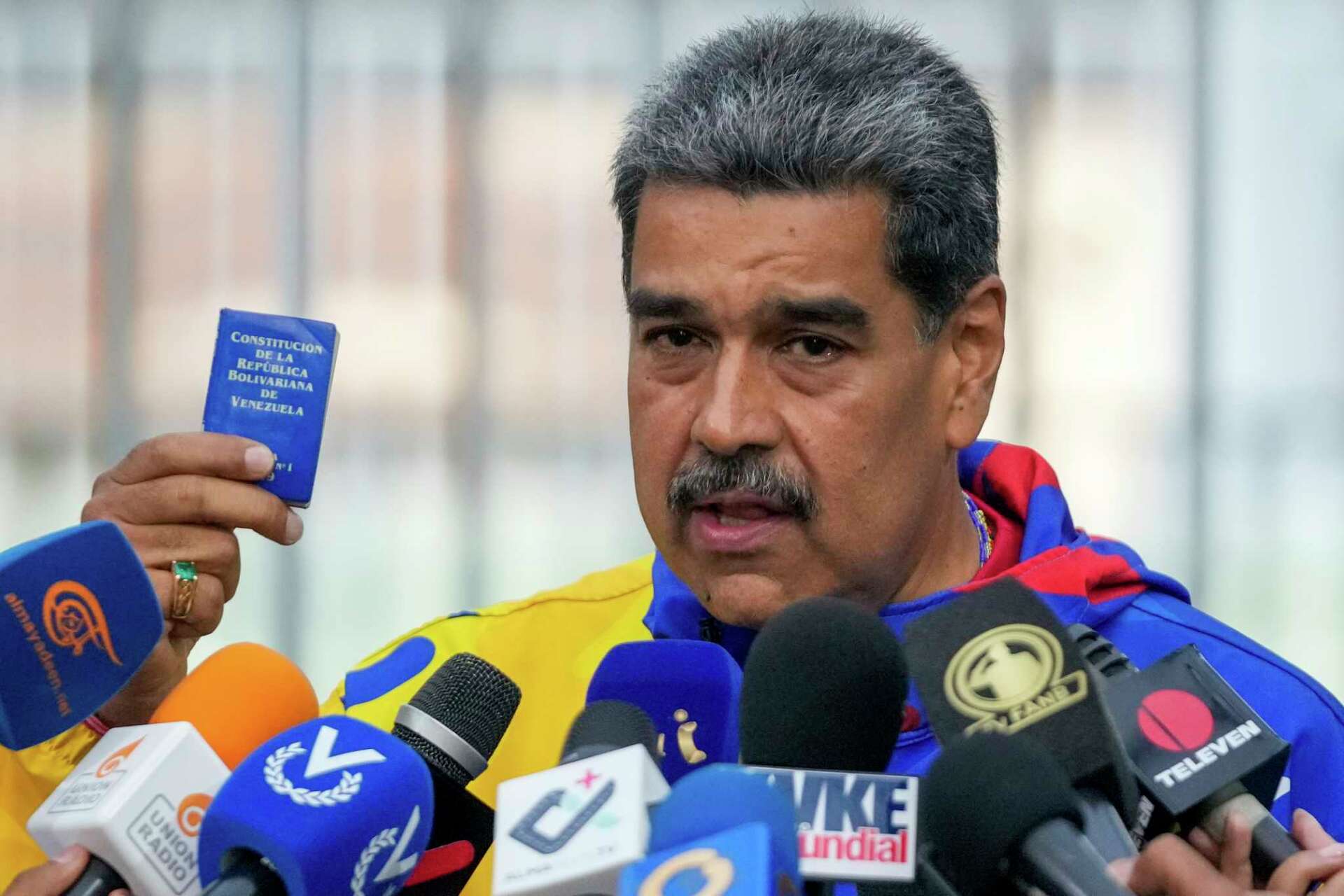Politics
Venezuelans Head to the Polls Amid Economic Crisis

CARACAS, Venezuela — Today, Venezuelans are voting in a crucial election that could change the political landscape or extend the current administration’s grip on power for another six years. The decision is between President Nicolás Maduro and his main challenger, Edmundo González, a retired diplomat. Both sides acknowledge that the election’s outcome could have significant effects across the Americas.
Polling locations opened as early as 6 a.m. with voters eager to make their voices heard, some showing up hours in advance. Alejandro Sulbarán, a 74-year-old maintenance business owner, was the first in line, and he expressed that he was there for “the future of the country.”
Around 17 million people are eligible to vote in this election, and polls will close later in the day around 6 p.m. Officials have decided to hold the election on what would have been the 70th birthday of the late Hugo Chávez, who many remember as a champion of the Bolivarian revolution.
Despite this significance, Maduro’s popularity has plummeted as many citizens blame him for the severe economic downturn that has driven wages down and left many hungry. The oil-rich country has been in turmoil, struggling with hyperinflation and increased migration as 7.7 million Venezuelans have already left for better opportunities abroad.
Maduro, 61, faces a united opposition for the first time in years, led by González after various candidates were blocked from running. Opposition leader Marina Corina Machado had won a previous primary but was barred from joining the race, leading to González being selected as a last-minute substitute.
After voting, Maduro expressed his willingness to accept the outcome and called for other candidates to do the same, stating, “No one is going to create chaos in Venezuela.” He promised to honor the election officials and results.
Venezuela, once the shining example of Latin America’s economy, has seen its situation worsen rapidly under Maduro’s leadership due to plummeting oil prices and scarcity of resources. The economy collapsed by over 71% from 2012 to 2020, leading to social unrest and the migration crisis.
González, during his campaign, appealed to the Armed Forces and citizens, saying, “What we see today are lines of joy and hope.” He highlighted that many Venezuelans are eager for change, particularly in employment and basic services.
As voters line up to cast their ballots, many express a sense of urgency and determination. Liana Ibarra, a local manicurist, echoed the sentiments of countless others when she said if things don’t improve, she would seek to migrate to the U.S. with her son.
The election captures both the stark inequalities and the fights against hopelessness that Venezuelans face every day. As the sun rises over this city, many hope for a new beginning.












